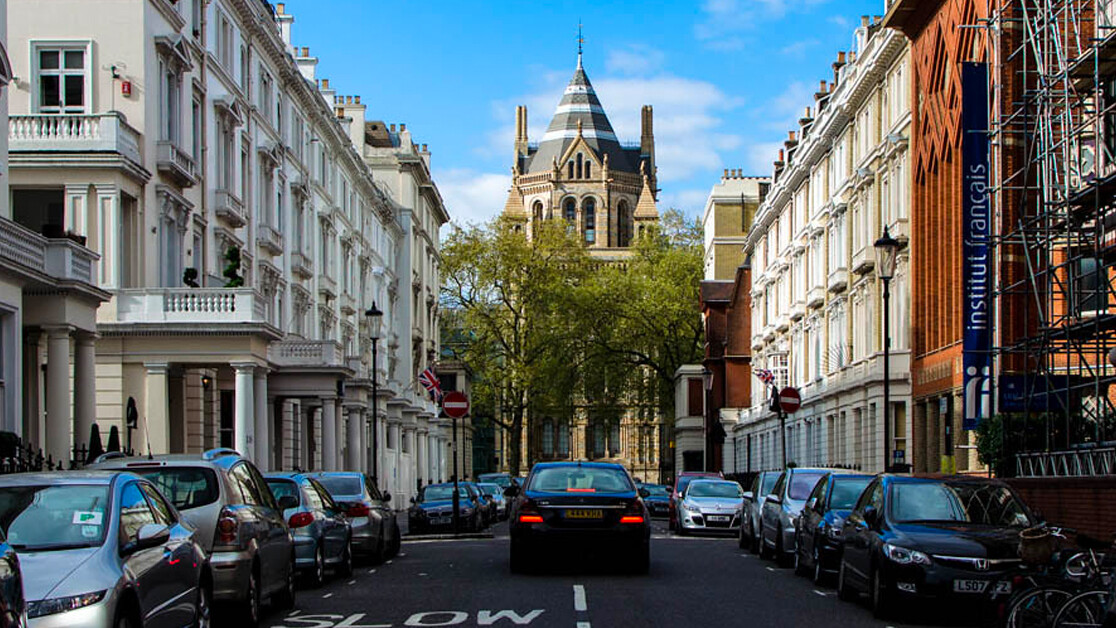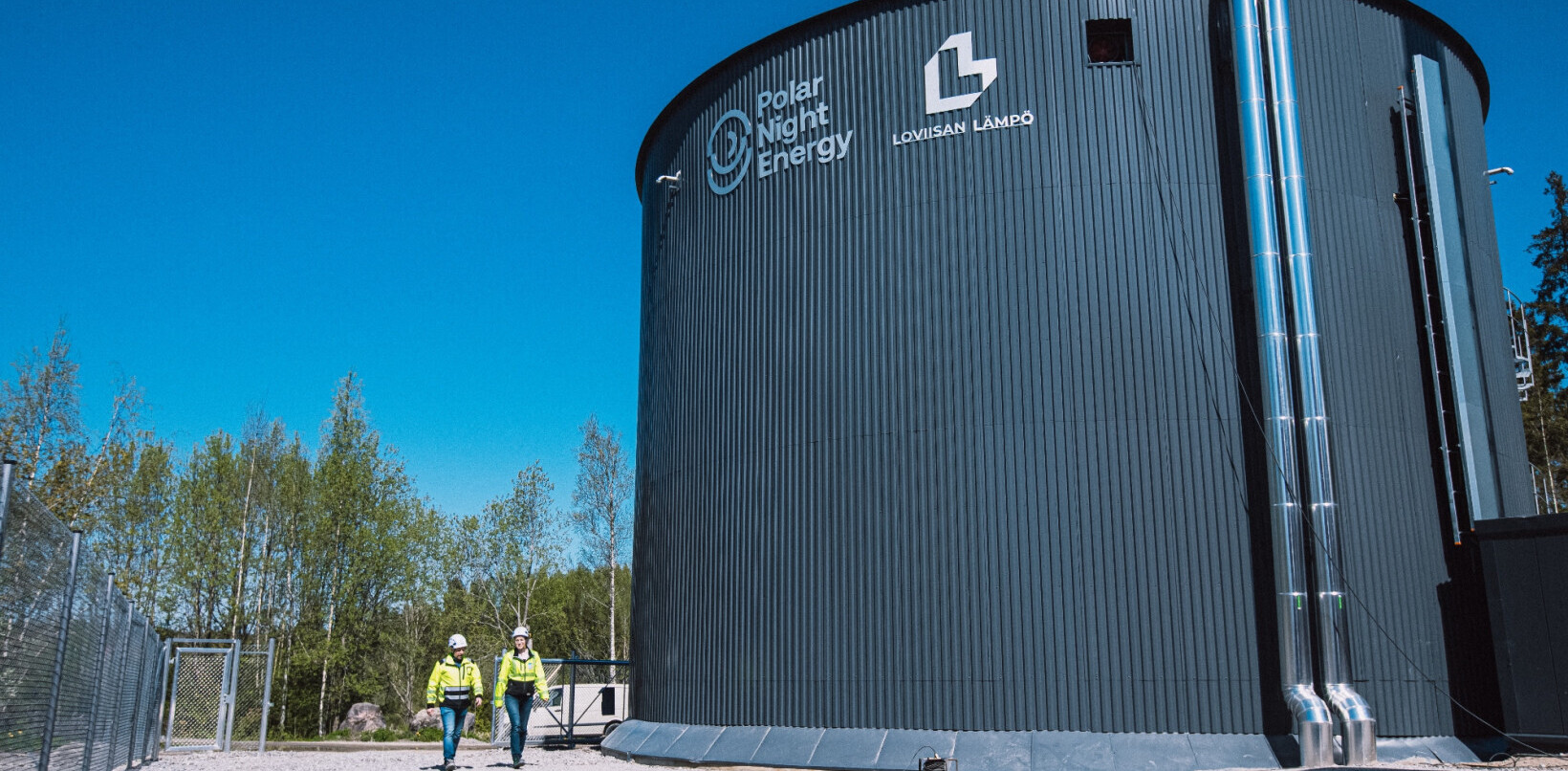This article was originally published by Christopher Carey on Cities Today, the leading news platform on urban mobility and innovation, reaching an international audience of city leaders. For the latest updates follow Cities Today on Twitter, Facebook, LinkedIn, Instagram, and YouTube, or sign up for Cities Today News.
Closing roads around schools to traffic at pick-up and drop-off times has cut nitrogen dioxide (NO₂) levels by up to 23%, research published by the London Mayor’s office has revealed.
Air quality sensors were installed at 18 primary schools in three London boroughs last September as part of a project funded by the FIA Foundation and Bloomberg Philanthropies, to measure how well the ‘School Streets’ scheme is working.
Since April 2020, almost 350 School Streets have been implemented across London with funding from Transport for London (TfL) and London’s boroughs to tackle children’s exposure to air pollution and improve their health.
Speaking on the development, London Mayor Sadiq Khan said: “Since 2016, there has been a 97% reduction in the number of schools in areas which exceed the legal pollution limit, and I’m committed to bringing that number down to zero.
“School Streets play an important role in enabling parents and children to walk, cycle or scoot to and from school which has so many benefits, not least in improving air quality. It’s great to see the huge reduction in nitrogen dioxide during pick up and drop off on schools streets – a time when countless children and adults would otherwise be exposed to dangerous emissions.”
[Read: How do you build a pet-friendly gadget? We asked experts and animal owners]
Active travel
TfL has also published survey results that suggest that interventions outside schools to make walking and cycling safer are popular with parents and carers, and have contributed to a drop in car use.
Thirty-five schools took part in the study, and the results showed that 81% of those surveyed at schools where measures had been implemented believed a School Street is suitable for their school. Almost three-quarters (73%) of parents and carers at these schools agree with School Street measures remaining in place while social distancing is still required, with 77% supporting the changes being kept in the long term subject to consultation.
Two-thirds of parents and carers at schools without School Street measures support their implementation while social distancing is still required and a majority of these parents (59%) also support such measures in the long term subject to consultation.
Since the pandemic, parents and carers reported walking to school more and driving less, at both schools with School Streets and those without.
Efforts to improve the UK capital’s air quality have gained traction in the past 12 months, and in December, a partnership between the Mayor’s office, Bloomberg Philanthropies, and Imperial College London to install 100 air quality sensors at hospitals and schools was announced as part of the Breathe London project.
Air pollution in London has an estimated economic cost of £3.7 billion (US$5.15 billion) every year, due to the health impact of pollutants like PM2.5 and NO2 leading to lost life-years, hospital admissions, and deaths.
Air quality funding
This week the UK Government announced £5 million in funding to help local authorities tackle poor air quality, as well as the launch of a competition to find the country’s best electric vehicle innovations.
The funding aims to help councils develop and implement measures to benefit communities and reduce the impact of air pollution on people’s health, with applications especially welcomed from projects that will tackle fine particulate matter (PM2.5).
In addition, the government announced that from Monday, an electric vehicle research and development competition will be open. UK-registered businesses can apply for a share of up to £7 million to develop on-vehicle solutions that address challenges associated with the transition to zero emissions. Funding is from the Office for Zero-Emission Vehicles (OZEV).
Pollution limits
Last week, the European Court of Justice ruled that the UK government was guilty of “systematically and persistently” breaching air pollution limits.
The EU court – which continued to oversee the case as proceedings started before Brexit – found that since 2010, the UK had failed to tackle the problem of NO₂ emissions in the shortest possible time.
The ruling relates to failures that have also been the subject of successful legal challenges that ClientEarth has brought against the UK government in the domestic courts since 2011.
While the EU Commission could potentially impose financial penalties should the government not reduce levels, there remains uncertainty as to whether it will have the power to do this, now that the UK is no longer part of the EU.
Do EVs excite your electrons? Do ebikes get your wheels spinning? Do self-driving cars get you all charged up?
Then you need the weekly SHIFT newsletter in your life. Click here to sign up.
Get the TNW newsletter
Get the most important tech news in your inbox each week.





